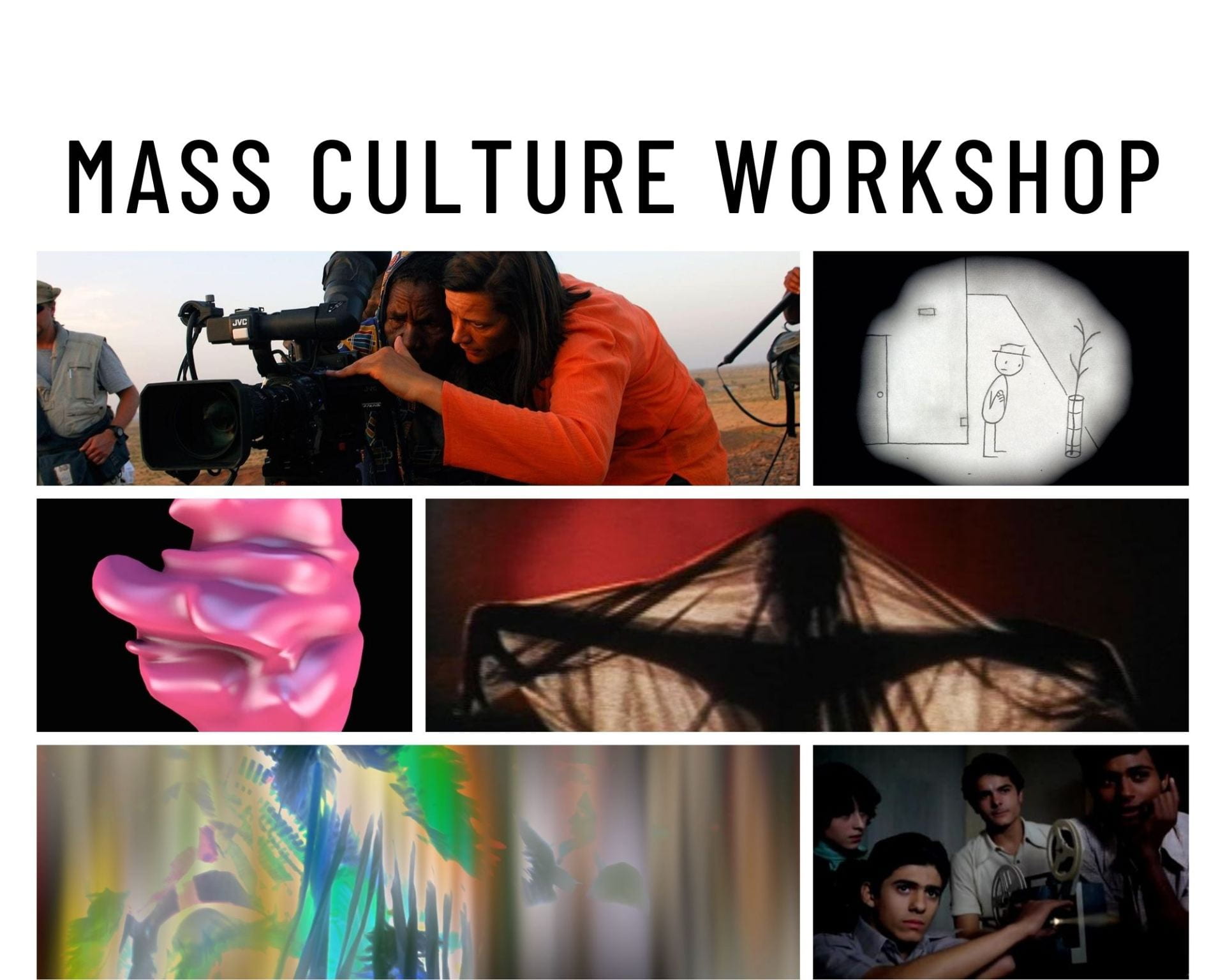Please join us on Friday, November 2, 2018 at 11:00 AM in Cobb 311 for the next meeting of the Mass Culture Workshop. We are delighted to have Jennifer Fay, Associate Professor of Film and English at Vanderbilt University. She will be presenting a chapter from her recent book Inhospitable World: Cinema in the Time of the Anthropocene (Oxford, 2018). The chapter is entitled “The Ecologies of Film Noir: Or, Learning How to Die in the Anthropocene.”
Jennifer’s chapter is available for download here.
Please email either Gary [gkafer@uchicago.edu] or Cooper [cooperlong@uchicago.edu] for the password.
Refreshments will be provided.
We look forward to seeing you!
Yours in Mass Cult,
Gary and Cooper
The Ecologies of Film Noir: Or, Learning How to Die in the Anthropocene
I am circulating the Introduction and third chapter of my recent book Inhospitable World: Cinema in the Time of the Anthropocene. The introduction makes the case that cinema both archives the Anthropocene (especially as this proposed geological epoch gathers momentum in the Great Acceleration) as well as mirrors the Anthropocene as an aesthetic practice, especially in the dark studio. Filmmaking occasions the production of temporary, artificial worlds and equally synthetic weather. However much our planetary crisis is an unwitting and ugly effect of humanity’s aggregated actions, we can also understand it as a collective act of design inclusive of its inhospitable and devastating consequences.
The chapter, “The Ecologies of Film Noir,” considers the way this genre implicitly critiques the consumer happiness and accumulation associated with the immediate postwar economic boom and the good life underwritten by the Great Acceleration. In contrast to most other Hollywood characters, noir heroes find that that the harder they toil, the more they and others suffer. And in contrast to the very real industrious population altering the planet, noir characters contribute nothing to the economy, leave behind no legacies, and they often desire, above all, to disappear without a trace. They neither produce nor reproduce the conditions of their existence. Thus, noir offers us a vision of not so much a fallen but a fallow humanity. This chapter argues that film noir is a useful genre for environmental thinking in part because these characters inhabit the most unnatural, and anti-humanist of worlds. Following from the title of Roy Scranton’s book, I argue that noir teaches us how to die in the Anthropocene.
Jennifer Fay is Associate Professor of Film and English at Vanderbilt University where she also directs the Program in Cinema & Media Arts. Her research is broadly concerned with the relationship between film aesthetics and politics, and, more recently, environmental media theory and the philosophical considerations of hospitality and human dwelling in the world. She is the author of Theaters of Occupation: Hollywood and the Reeducation of Postwar Germany (Minnesota, 2008), and co-author of Film Noir: Hard-Boiled Modernity and the Cultures of Occupation (Routledge, 2010). Her most recent book, the intro and one chapter of which is being circulated for the seminar, is Inhospitable World: Cinema in the Time of the Anthropocene, published by Oxford in April of 2018.

